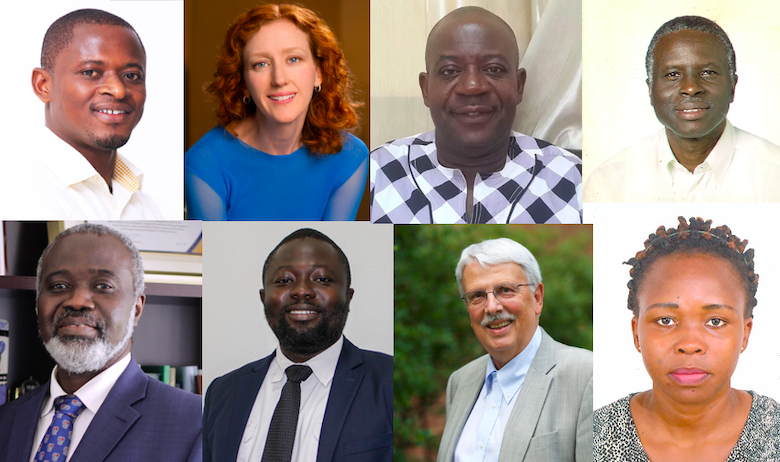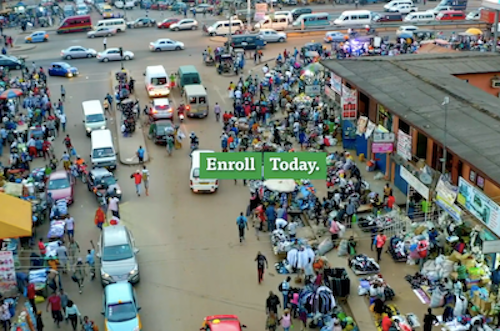Global Collaboration Results in New Open Online Course on Urban Health
June 9, 2021 – This month, the open online course “Urban Health in Crisis: Response from Sub-Saharan Africa” launched on edX thanks to a collaboration among the University of Ghana, the University of Health and Allied Sciences in Ghana, and Georgetown University.
“Sub-Saharan Africa is experiencing the fastest rate of urban growth in the world and is the continent with the largest need for resources to achieve sustainable economic development,” according to the course materials. “This course will explore the challenges of addressing urban health.”
‘Triple Burden’
Expert faculty members include Professor Jessica Kritz and Dr. Bernhard Liese of Georgetown’s Department of International Health; Dr. Samuel Nii Ardey Codjoe of the University of Ghana; Dr. Robert Kaba Alhassan, Dr. Martin Ayanore, Dr. Phildelia Theresa Doegah, and Dr. John Gyapong of the University of Health and Allied Sciences; and Professor Mandy Kader Kondé of the Guinea Ebola Research Commission.
“Today’s cities and those of tomorrow are facing the triple burden of communicable diseases, non-communicable diseases, and health risks associated with globalization,” said Gyapong, vice chancellor at his university, in the course video trailer. “Examples are many for us to look at.”
Liese explained that the idea for a course grew from ongoing conversations with longtime colleagues in Africa who serve as preceptors for the department’s academic programs. “Urban issues are extremely complex,” he said. “There was really a lot of buy-in. This is something that requires attention.”
Three-Part Course
The self-paced course involves 12 units focused on three related areas, according to Rebecca Gribble, a faculty member in international health who organized the production of the course.
First, students are introduced to more general topics associated with urban environments. Then, they focus on urban epidemics with case studies on COVID-19 and Ebola. Finally, they experience ways to address urban health through community, governance-based, and multi-sector approaches.
“We were the facilitators,” said Gribble about the collaboration. “But it’s not us talking about the issues. It’s local experts, and they know way more than we do.”
She added that the course is a “living, breathing thing” and that “we can expand from it,” noting the ability to update case scenarios as required with current events.
Urban Health Focus
For several years, Liese has worked to amplify the theme of urban health on campus, including launching the Urban Health Collaborative and hosting an annual seminar series of expert speakers. Part of this work was supported by the GUMC-MedStar Health gainshare.
Gribble and Liese highlighted that the course is a next step in building capacity in this area and thanked the Center for New Designs in Learning & Scholarship, the Georgetown Global Cities Initiative, and the School of Continuing Studies for their efforts to make the course a reality.
Finally, Liese hopes a broad audience will take advantage of the course, particularly individuals who work at municipal health organizations and manage emergency situations within their cities.
By Bill Cessato
- Tagged
- COVID-19


